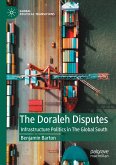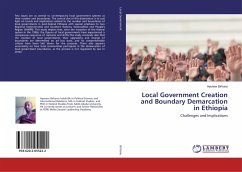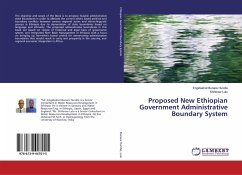The Management of African Boundary Dispute probes the interface between Ethiopia and Eritrea over the borders and territory around Badme. It delved into ways of understanding and managing border conflict by taking an excursion into the early history and treaties entered into by the two nations beginning from the period when Eritrea was a colony of Italy. The study argues further that, aside the improperly delimited and demarcated boundary line, territories and resources are in some cases the overt reasons why nations fight each other. In another vein, some international territorial dispute cases prove that they might be other latent reasons that may take nations to war. In that stead, symbolic value of territory is also a major reason why some nations would want to go to war, as our case study - the Ethiopia-Eritrea war over Badme portrays. However, the emotions and passion attached to the territory and the non-implementation of the decision of the Ethiopia-Eritrea Boundary Commission has tended to lead to the recurrent tension in the region as well as forestalled the peace process.
Bitte wählen Sie Ihr Anliegen aus.
Rechnungen
Retourenschein anfordern
Bestellstatus
Storno








